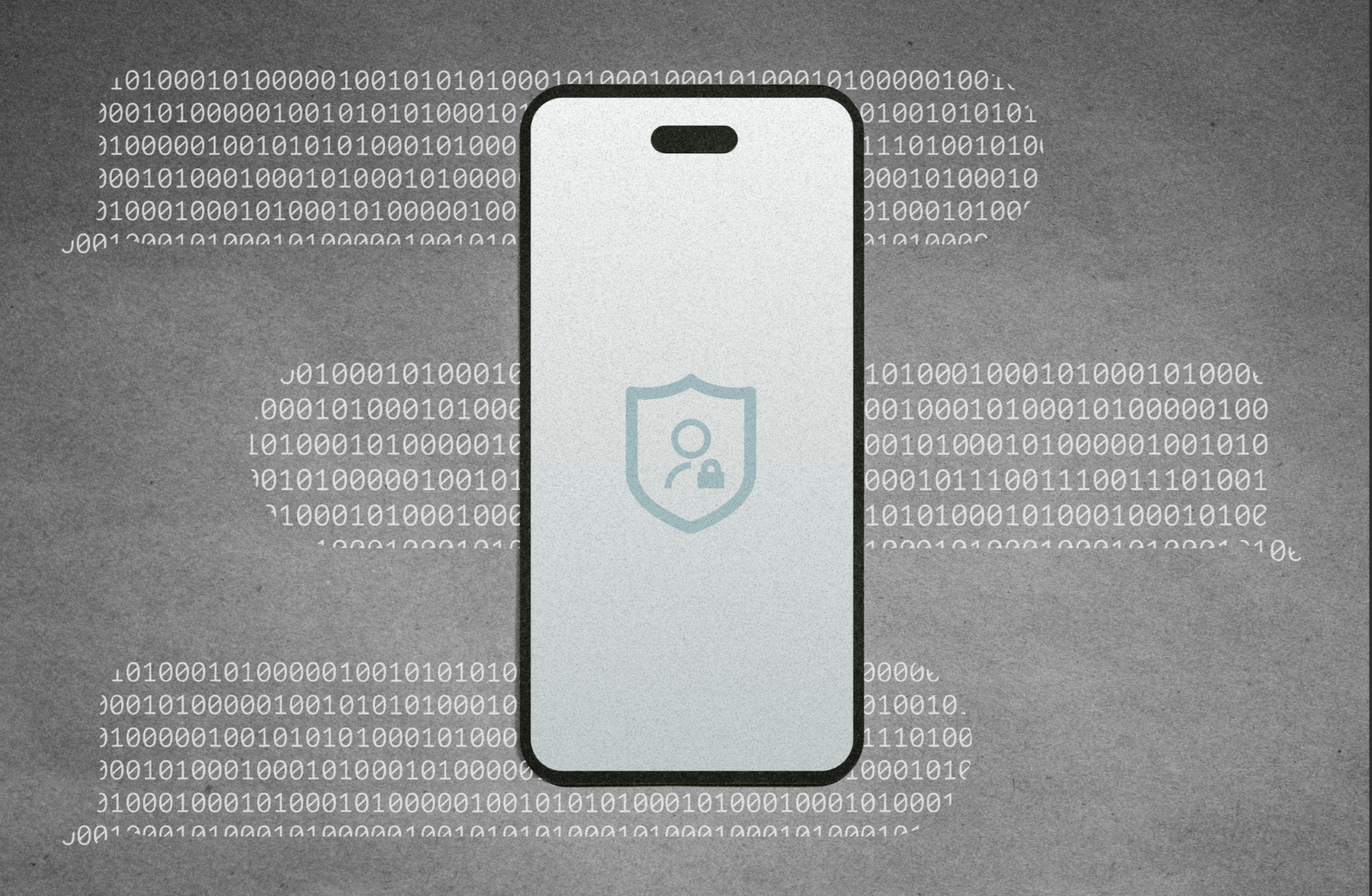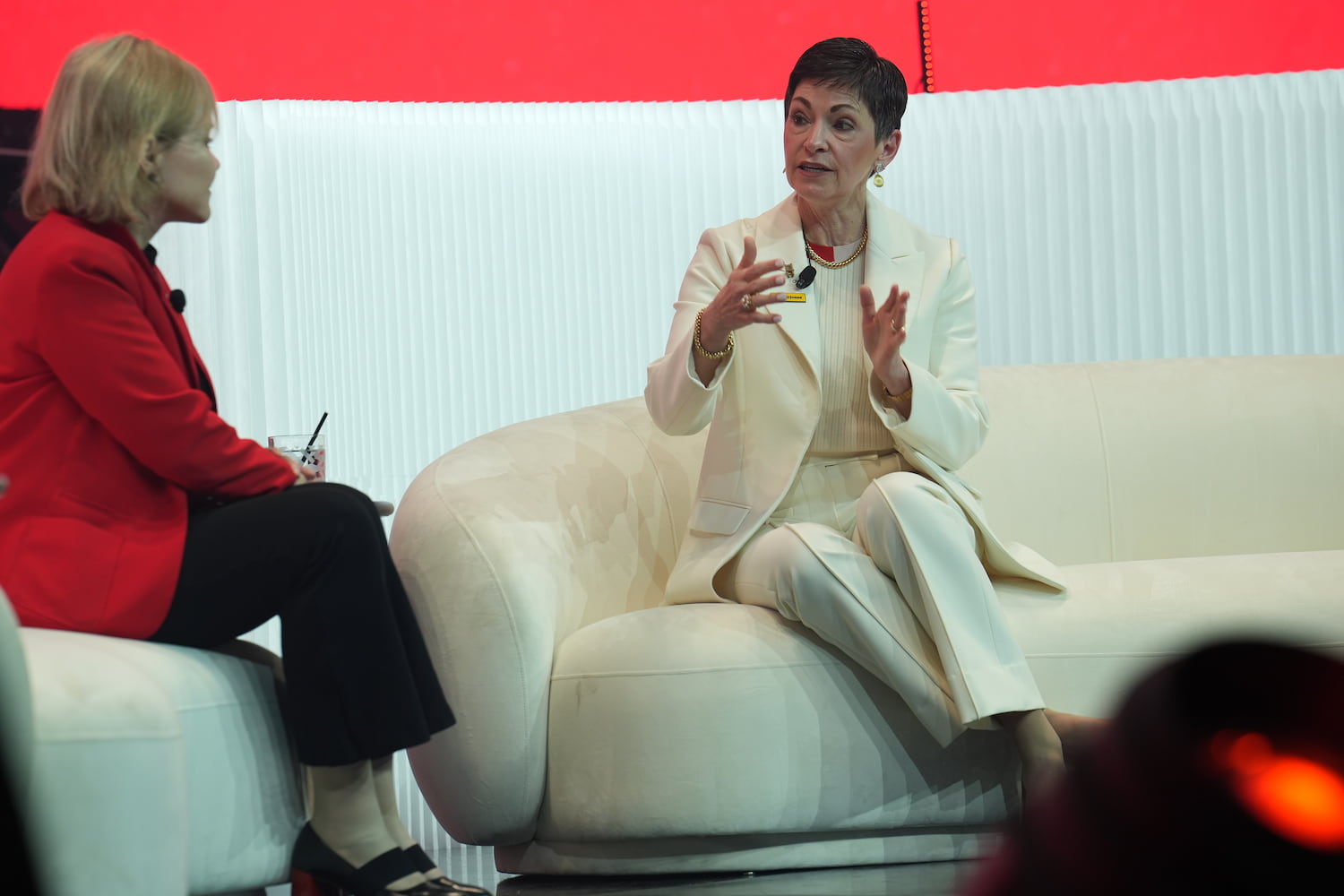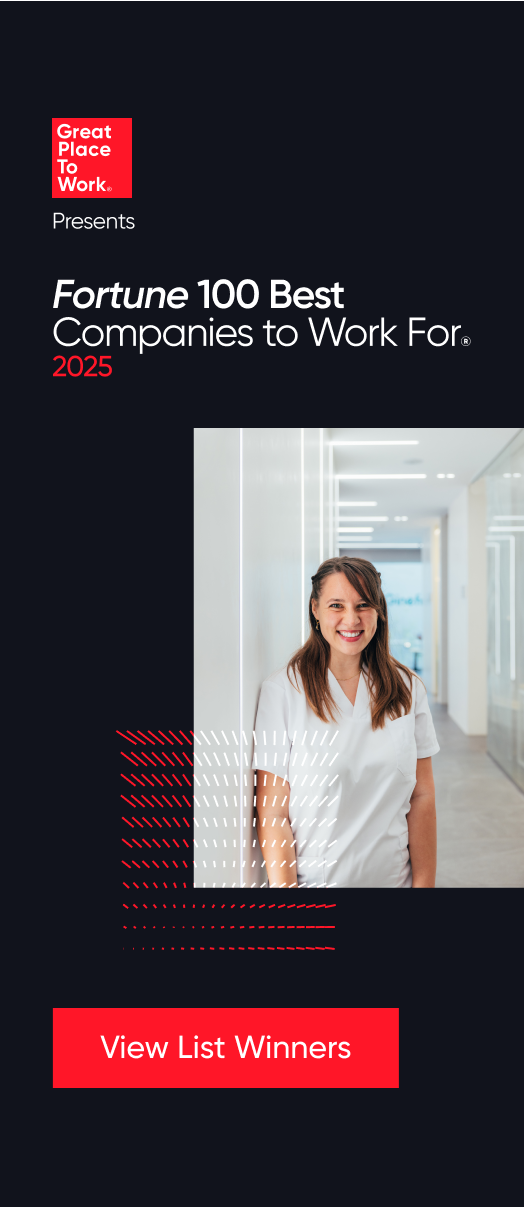Developing, Training & Development
Programs most likely to succeed this year will have open membership and focus on breaking down silos within the organization.
Mentorship programs can be powerful instruments for developing career paths for employees and producing the future leaders your organization needs to succeed.
Research shows that employees with mentors have higher levels of job satisfaction and overall engagement. They also have higher levels of well-being and are more likely to want to stay with their company.
Great workplaces use mentorship programs to ensure fairness and opportunity for all employees.
Here’s a look at some of the practices making a difference at companies that made the Fortune 100 Best Companies to Work For® List in 2024:
1. Ensure anyone, regardless of role, can be a mentor or mentee
Great workplaces don’t put limits on the experience of any employee.
Marriott International shows us that the most important mentors in your organization might not come from traditional leadership roles.
Maggie Klein, content manager for Marriott’s global leadership team, shared how a team member from housekeeping taught her the importance of prioritizing and organizing tasks, a lesson that has followed her through her career.
“Our inclination sometimes is to put a perfect leader in a box,” she shared at the For All Summit™ in 2024. “They all have the same background. They come from consulting. They come from a college.”
By opening up opportunities for anyone to be a mentor or a mentee, the experience of all employees is enriched.
2. Set a specific time limit for mentorship activities
One way to make mentorship programs more accessible to a wider range of your workforce is to put a specific time limit on the program. Clear expectations for mentors and for mentees are essential to ensure the program is effective and efficient.
At Nationwide, mentors and mentees connect for three one-on-one conversations to be held within a 90-day period on a topic that is of interest to both participants. Rather than launching cohorts, the program is ongoing with new mentors and mentees able to sign up at any time. Since its launch in July 2022, nearly 5,700 associates have participated.
3. Tap your mentor network during the onboarding process
If you’re investing resources in developing mentorship skills, take advantage of your best mentors during the onboarding process.
At Camden Property Trust, 141 employees have passed an application and selection process to become mentors and receive a two-day training course to improve their mentorship skills.
Top-rated mentors are responsible for teaching newly promoted and newly hired employees about Camden’s values and culture. To help build cross-team networks, Camden pairs people with mentors from other departments, allowing mentees to learn how others in the organization operate.
4. Support mentors with AI-powered tools and resources
Technology is increasingly playing a role in connecting mentors and mentees at scale.
AI-powered tools like MentorcliQ are used by Hilton to pair team members with an appropriate mentor in the organization. At Salesforce, an app called MentorFinder uses AI to match mentors and mentees based on skills and interests. The results of technology-enabled networking are clear: Of the over 2,500 employees to use MentorFinder at Salesforce, 95% of mentors and 100% of mentees felt mentoring was a good use of their time.
5. Partner with employee resource groups to extract the maximum benefit
In great companies, employee resource groups (ERGs) can partner with the HR function to drive talent development. For companies with resource groups around shared interests or business units, there is a natural synergy between ERG programming and a mentorship circle.
At NVIDIA, the learning and development team launched the companywide “Stride Mentoring Program,” which provides participants with five months of personalized mentorship. The program intentionally pairs employees with resource group affiliations where possible and within business units to best meet the specific career needs of mentees.
To encourage peer-to-peer learning, NVIDIA is also piloting mentorship circles, which allow group mentorship with one mentor and between five and seven mentees.
Join us in Las Vegas!
Register for the next For All Summit™, April 8-10, to connect with leaders and experts from great workplaces around the world.











